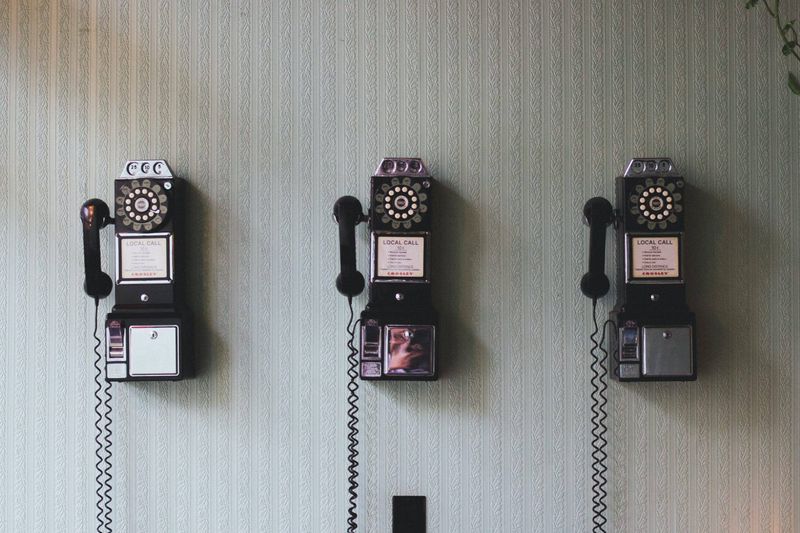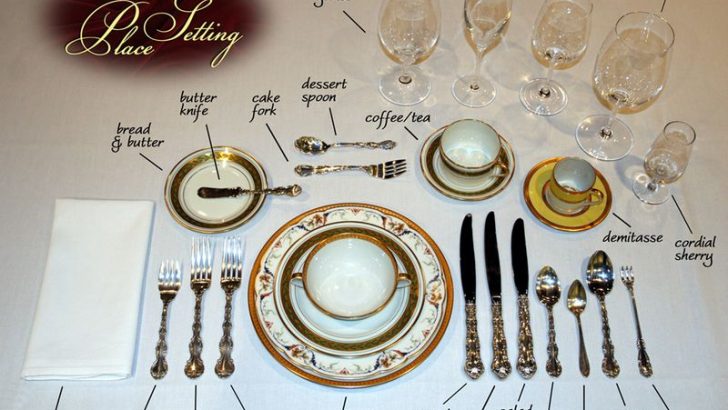In today’s rapidly evolving world, certain traditional rules that once made sense have become outdated. These rules, often followed without question, reflect a bygone era and no longer serve their intended purpose. While some cling to these old ways out of habit or nostalgia, it’s time to re-evaluate their relevance in modern society. Here, we explore 13 old rules that people still follow, even though they no longer make sense.
1. Wearing Black to Funerals

Once a universal symbol of mourning, wearing black to funerals was rooted in tradition. However, a splash of color can celebrate a life well-lived. The somber notion of black clothing symbolizes grief, yet many modern funerals encourage attendees to wear the deceased’s favorite colors.
People now prefer to honor their loved ones by reflecting their vibrant personalities rather than adhering to old customs. As society evolves, so does the way we commemorate those who’ve passed. Why not break free from the monotony of black attire?
2. Never Wearing White After Labor Day

The rule of avoiding white after Labor Day harks back to the late 19th century. Originally, it distinguished the wealthy from the working class, as summer wardrobes were packed away for the season.
Nowadays, fashion embraces white year-round, signaling versatility and elegance. Wearing white in autumn or winter is no longer taboo but a chic choice. This old-fashioned rule fails to resonate with today’s fashionistas who prefer individuality over conformity. Why let arbitrary boundaries limit style?
3. Addressing Elders Only with Formal Titles

Respecting elders by using formal titles like ‘Mr.’ and ‘Mrs.’ was once non-negotiable. Yet, many families now encourage first-name terms, reflecting modern values of equality and connection.
Using titles can feel distancing, whereas first names foster warmth. As generational gaps close, there’s a shift toward informal interactions. Relationships thrive when built on mutual respect rather than age-based formality. Does formality overshadow familiarity in your family?
4. Gender-Specific Toys for Children

Traditionally, toys were strictly gendered: dolls for girls, trucks for boys. This practice limits creativity and reinforces stereotypes. Today’s parents and educators promote gender-neutral play to encourage imagination and skill development.
When children explore freely, they learn balance and empathy, defying outdated norms. Encouraging diverse play leads to well-rounded personalities and breaks down barriers. Why box kids into preconceived roles?
5. Standing for National Anthem

Standing for the national anthem is seen as patriotic, yet the act has become contentious. It’s a personal choice, reflecting diverse beliefs and social concerns.
Kneeling or sitting can symbolize protest and demand attention to crucial issues. The focus should be on the message rather than the gesture. Upholding freedom of expression respects individual perspectives. Should symbolism dictate patriotism?
6. Using Only Landline Phones

Landlines were once the lifeline of communication, but mobile technology redefined connectivity. While some cling to landlines out of nostalgia, smartphones offer convenience and versatility.
From video calls to instant messaging, mobile phones cater to modern needs. Transitioning from landlines symbolizes embracing innovation. Why stay tethered to technology of the past?
7. Eating Dinner at 6 PM Sharp

Strict dinner times like 6 PM were once a staple of family life, rooted in routine. Today, lifestyles are more fluid, and mealtimes reflect this flexibility.
With varied schedules, families dine when convenient, prioritizing quality time over fixed hours. Enjoyment and togetherness matter more than the clock. Is punctuality more important than presence at the table?
8. Using Cash for All Transactions

Cash was king, but digital payments now reign supreme. From contactless cards to mobile apps, technology transforms transactions.
Carrying cash seems cumbersome, especially when virtual wallets offer convenience and security. Embracing digital payments marks a shift toward efficiency. Why stick to cash when the future is digital?
9. Always Bringing a Gift to Hostess

Bringing a hostess gift was once a social norm, seen as polite and necessary. Yet, focus has shifted to presence and connection rather than material offerings.
A heartfelt conversation or shared laughter may outweigh physical gifts. Generosity needn’t be tangible to be genuine. Can presence be more valuable than presents?
10. Conforming to Traditional Gender Roles

Traditional gender roles dictated specific duties in households and workplaces. These rigid expectations are increasingly challenged.
Modern relationships embrace shared responsibilities, reflecting equality and partnership. As barriers blur, individuals pursue passions irrespective of gender norms. Are roles defined by tradition or by choice?
11. Sending Handwritten Letters Instead of Emails

Handwritten letters exude nostalgia, yet emails cater to immediacy and global connections. The charm of pen on paper is undeniable, but convenience wins in today’s fast-paced world.
Emails allow instant communication and accessibility, bridging distances effortlessly. The personal touch may be lost, but efficiency is gained. Does speed outweigh sentiment?
12. Marriage Proposals Needing Parental Approval

Seeking parental blessing for marriage proposals hails from tradition, ensuring family alignment. However, love is increasingly viewed as a decision between partners alone.
Autonomy and mutual understanding drive modern relationships, with parents as supporters rather than gatekeepers. Independence fosters healthy partnerships. Is approval necessary for love to thrive?
13. Using Formal Dinnerware Daily

Formal dinnerware was once reserved for daily meals, symbolizing sophistication. However, everyday dining now values convenience and comfort.
Practicality triumphs over tradition, with casual settings enhancing enjoyment. Embracing simplicity reflects modern living. Is elegance defined by china or by cherished moments?

